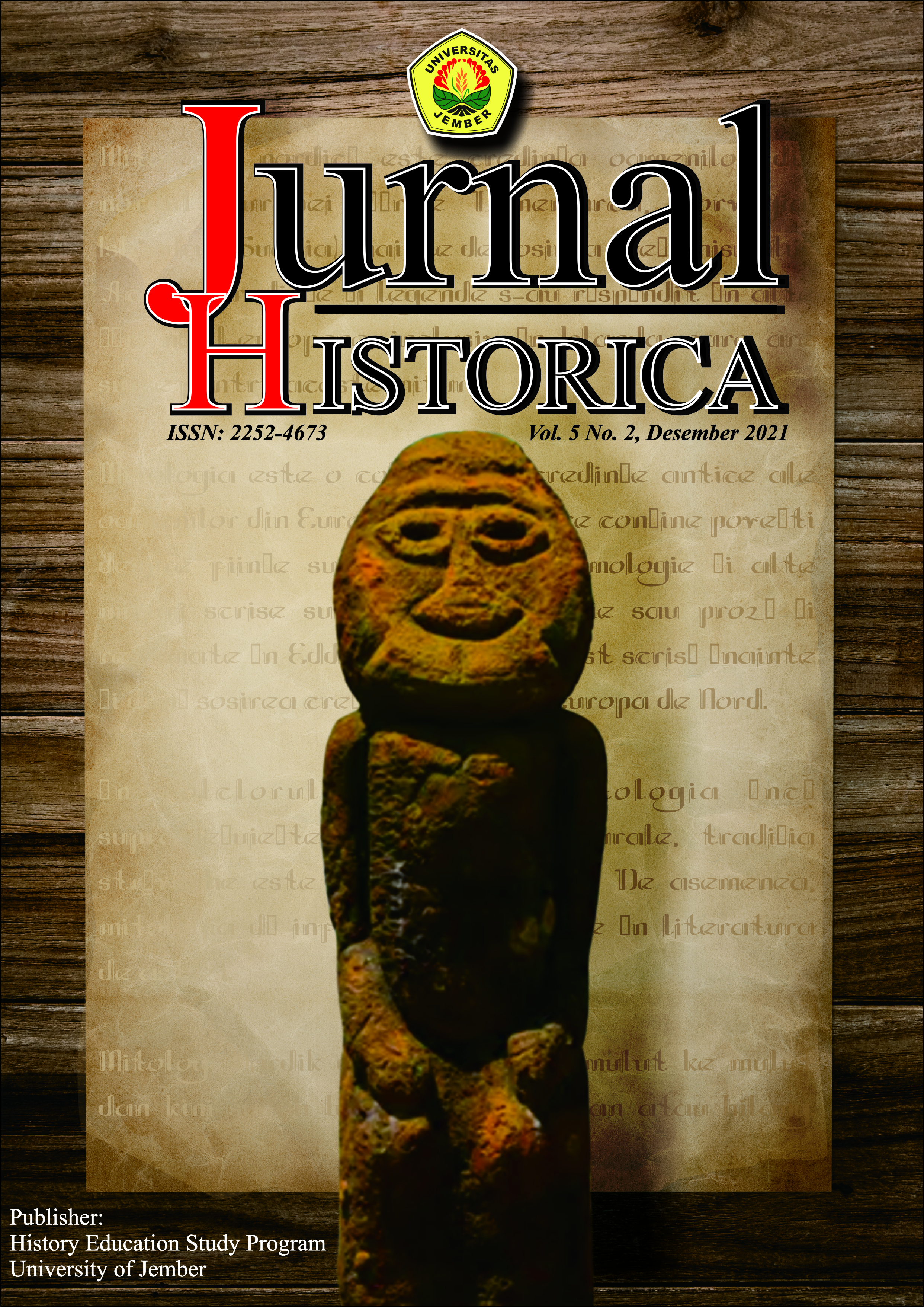The Difference of Problem Based Learning Models & Substitution Augmentation Modification Redefinition Models on The Critical Thinking and Learning Outcomes
Abstract
Abstract
The 2013 curriculum is oriented towards 21st skills that optimize students' thinking abilities. The ability to think critically as a vision for technological progress. Previous research has shown that learning problems can be resolved by applying critical thinking skills to obtain better learning outcomes. The application of the PBL model encourages students to solve problems with high-order thinking skills that affect critical thinking skills and learning outcomes. Other research also shows the importance of the SAMR model which is able to empower students in resolved learning problems by applying critical thinking skills and being active to obtain better quality learning outcomes. So researchers need to conduct further research on the differences in learning models on critical thinking skills and student learning outcomes in history subjects. The difference in the value of critical thinking skills is 5.784; and the mean value of learning outcomes is 4.189; Positive values indicate that the value of critical thinking skills in experimental class 1 which was taught using the Substitution Augmentation Modification Redefination (SAMR) model is better than the experimental class 2 which is taught using the Problem Based Learning (PBL) model.
Keywords: Diffeences Learning Models, Problem Based Learning, Substitution Augmentation Modification Redefination (SAMR), Critical Thinking Skills, Learning Outcome, Learning History.




